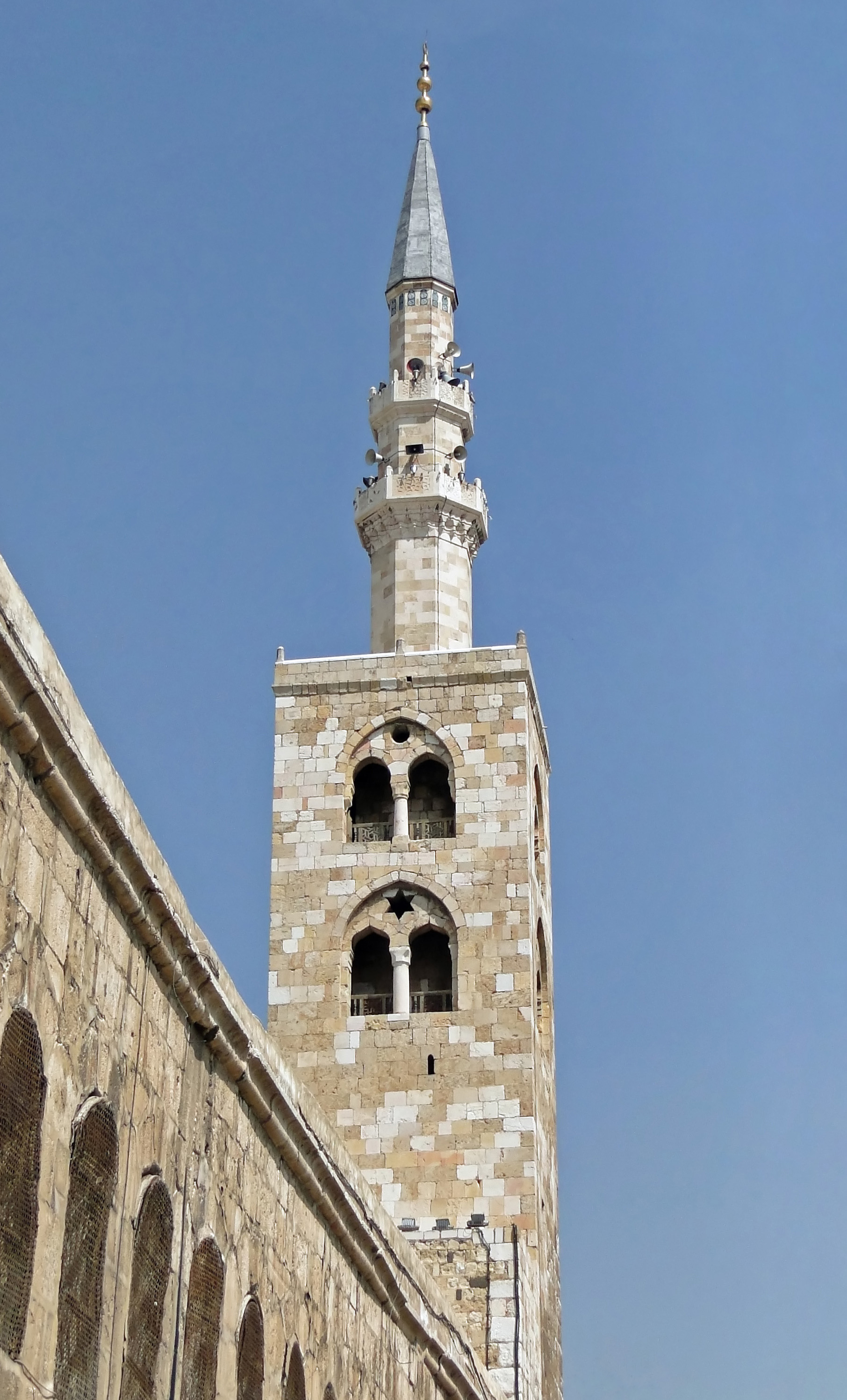
Jesus in Islam
In Islam, Jesus (Arabic: عِيسَى ٱبْنُ مَرْيَمَ, romanized: ʿĪsā ibn Maryam, lit. 'Jesus, son of Mary') is believed to be the penultimate prophet and messenger of God and the Messiah sent to guide the Children of Israel (Banī Isra'īl) with a book called the Injīl (Evangel or Gospel).
In Islam, Isa refers to Jesus. For other uses, see Isa (disambiguation) and Isa (name).
In the Quran, Jesus is described as the Messiah (al-Masīḥ), miraculously born of a virgin, performing miracles, accompanied by his disciples, rejected by the Jewish religious establishment, but not as crucified or dying on the cross (nor resurrected); rather, He is depicted as miraculously saved by God and ascending into heaven.
The Quran places Jesus among the greatest prophets and mentions him with various titles. The prophethood of Jesus is preceded by that of Yahya (John) and succeeded by Muhammad, the latter of whom Jesus is reported to have prophesied by using the name Ahmad.
There are a variety of interpretations in Islam about Jesus Christ. Mainstream interpretations of the Quran lack the Christian philosophical concept of divine hypostasis, so to many it appears the Quran rejects Christ. Christians view Jesus Christ as God incarnate, the Son of God in human flesh, but the Quran denies the divinity of Jesus as God in several verses, and also insinuates that Jesus Christ did not claim to be personally God (God the Son). Islam teaches that Jesus' original message was altered (taḥrīf) after his being raised alive. The monotheism (tawḥīd) of Jesus is emphasized in the Quran. Like all prophets in Islam, Jesus is also called a Muslim, as he preached that his followers should adopt the 'straight path' (Ṣirāṭ al-Mustaqīm). Jesus is attributed with a vast number of miracles in Islamic tradition.
In some views of Islamic eschatology, it is claimed that Jesus Christ will return in the Second Coming with Imam Mahdi to kill the Al-Masih ad-Dajjal ('The False Messiah'), after which with the ancient tribes Gog and Magog (Yaʾjūj Maʾjūj) would disperse. After these creatures miraculously perish, Imam Mahdi and Jesus would rule the entire world, establish peace and justice, and die after a reign of 40 years. Some Muslims believe that he would then be buried alongside Muhammad at the fourth reserved tomb of the Green Dome in Medina. These are apocryphal traditions related to hadith-based traditions.
The place where Jesus is believed to return, the Umayyad Mosque in Damascus, is highly esteemed by Muslims as the fourth holiest site of Islam. Jesus Christ is widely venerated in Sufism, with numerous ascetic and mystic literature written and recited about the most important historical Jewish Christian-Islamic prophet-messenger to these Abrahamic faiths.
Based upon several Hadith narrations of Muhammad, Jesus can be physically described thus (with any differences in Jesus' physical description being due to Muhammad describing him when seeing him at different occasions, such as during his ascension to Heaven, or when describing Jesus during Jesus' second coming):[139]